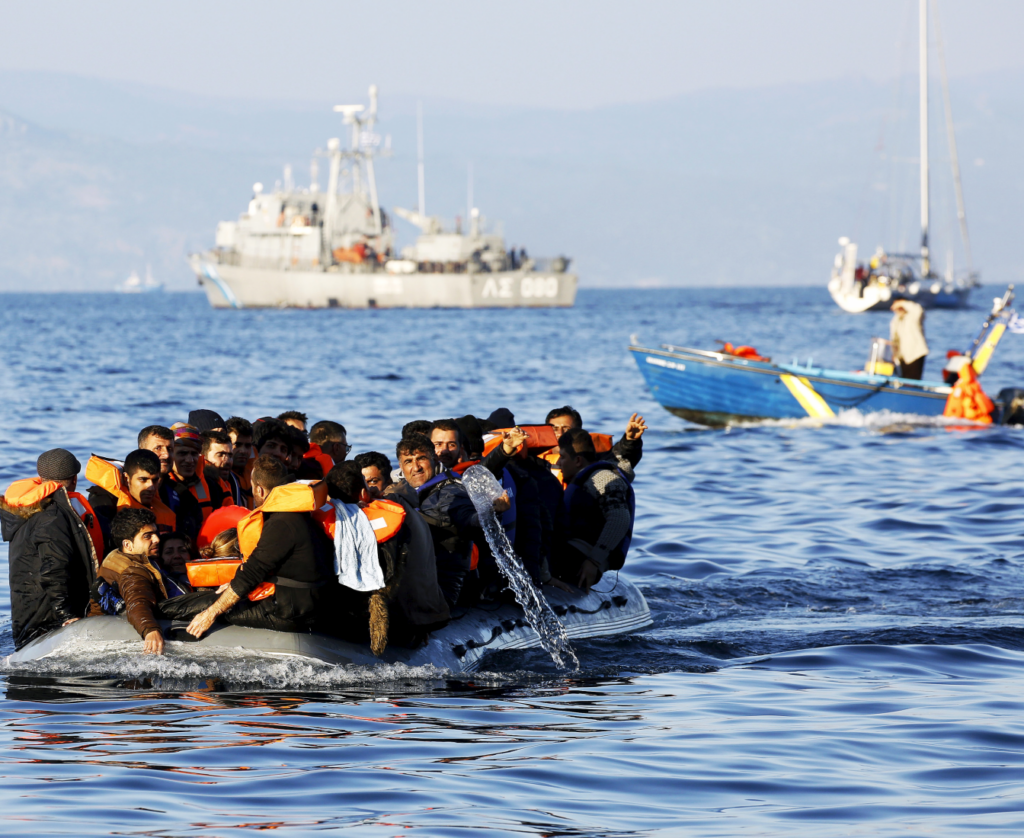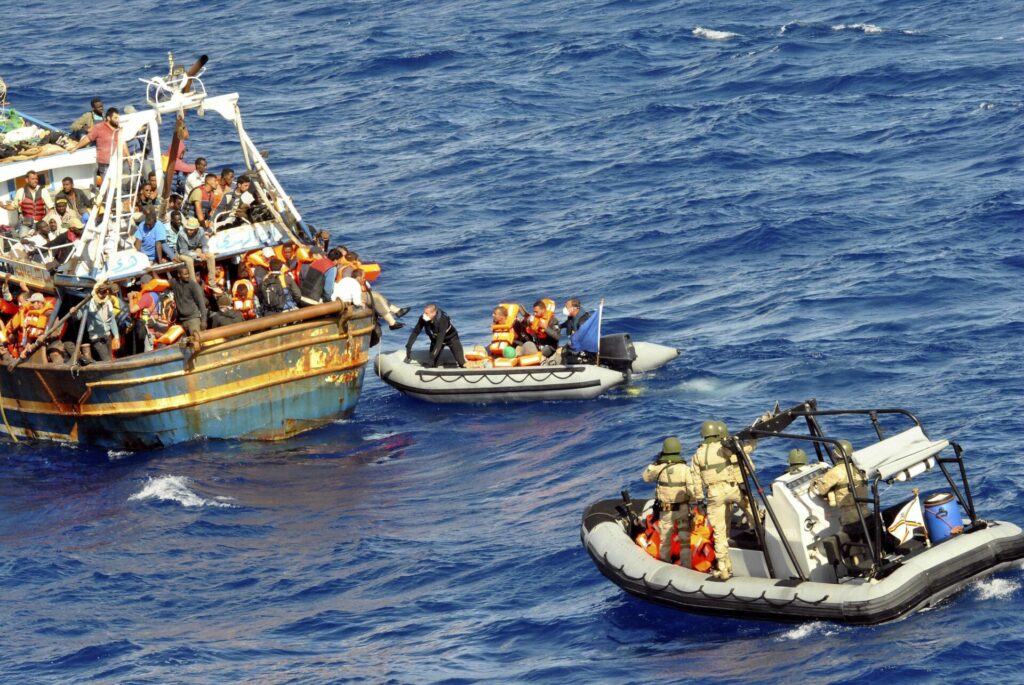At least 117 people faced criminal charges for aiding migrants in the EU in 2023.
Data collected by the Platform for International Cooperation on Undocumented Migrants (PICUM) via media monitoring shows that the majority of these individuals faced charges for facilitation of entry, stay or transit or migrant smuggling (depending on national legislation).
PICUM says the figures represent an upward trend in the number of people charged for assisting migrants. At least 102 people were criminalised in the EU in 2022. At least 89 people were criminalised between January 2021 and March 2022, and at least 158 were accused of smuggling between 2015 and 2019.
The organisation warns that the figures are likely to be underestimates as not all cases are reported on by media outlets. "These numbers are only the tip of the iceberg of what is actually happening in the EU," says PICUM Director Michele LeVoy. "Current trends are likely to worsen as EU proposals to fight migrant smuggling fail to include a binding exemption of humanitarian acts from potential criminalisation."
Land and sea
The majority of instances occurred in Italy (74) and Greece (31). 60% of cases concerned activites on land while 40% related to activities at sea. 46 individuals were penalised for the latter, while 19 were criminalised for providing shelter to migrants, 18 for promoting inclusive policies at a local level, 17 for trying to stop deportations, and eight for providing migrants with food, water, and clothes.
In one case, two Latvian citizens were charged with facilitating irregular entry when they gave food and water to people stranded at the Belarussian border.

Credit: Belga
In another high-profile case in Greece, 24 human rights activists have been engaged in a legal battle surrounding charges brought against them for rescuing people at sea. Part of the charges were dropped in 2023 but some remain unresolved.
Seán Binder is one such human rights activist who spent more than 100 days in prison for charges of espionage, forgery and unlawful use of radio equipment. "All we’re asking for, all our lawyers have demanded, is that the rule of law is respected and that Greek laws are respected," Binder said in January last year.
40 out of 42 individuals brought to trial in 2o23 were acquitted.
Criminalisation of migration
In addition to charges against individuals providing assistance, 76 people moving across borders irregularly in Italy, Greece and Spain in 2023 received criminal charges for the very act of migration, says PICUM. At least seven of these people were children at the time. 53 people were charged with facilitating irregular entries such as by securing a boat, 12 for being on a boat, and 9 for resisting a pushback at sea.
Both criminalisation trends constitute a "continuum of restrictive migration policies" and contribute to the creation of a "hostile environment" for people migrating irregularly, says LeVoy.
The report also highlights non-judicial harassment experienced by 17 individuals and 12 NGOs. These include administrative fines, confiscation of material, police harassment, detention, threats, defamation and restriction of access to certain areas or people in danger.

